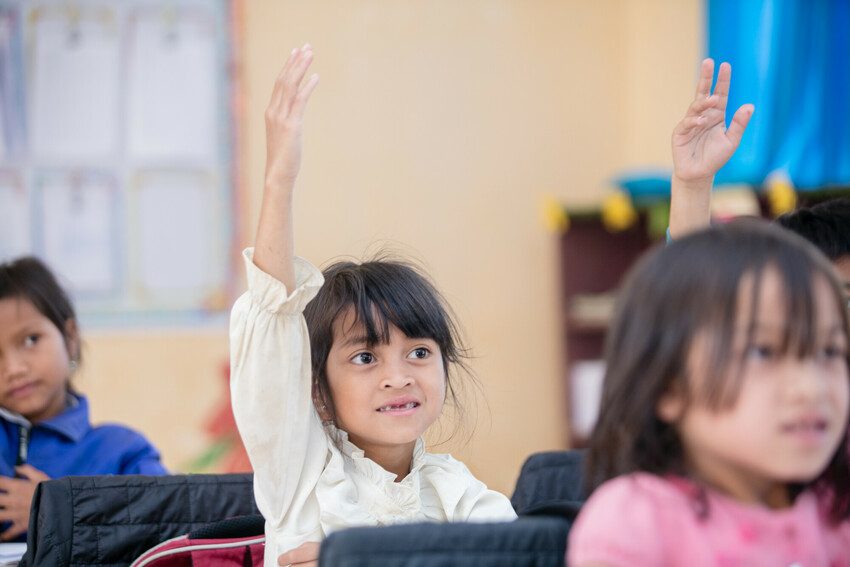Globally, 193 million people are in urgent need of food assistance due to the ongoing hunger crisis. However, the situation is particularly bad for girls, whose wellbeing and education in many countries across the world has been severely impacted.
A new report from child rights organisation Plan International shows that the current situation is expected to get worse and will have a particular impact on young girls. 70% of the world’s hungry are female. When food is scarce, girls are often among the first and worst affected.
The global food crisis is impacting girls in countries all over the world,” said the report's lead researcher Jenny Rivett. “Families in the countries studied report having to forego food to pay for healthcare and prioritise buying food over paying girls’ school fees.”
This is the case even in countries that are not considered most at risk, such as Brazil, El Salvador, Dominican Republic, Benin, Togo, Uganda, the Philippines, Cambodia and Vietnam, which were all included in the study.
Gender inequality
The study found that in all these countries, girls are more likely than boys to be taken out of school when families come under strain due to the hunger crisis.
For those who continue to attend school, hunger can severely impact their learning. All these factors also put girls at heightened risk of forced marriage at a very young age, and also make them more likely to be subjected to violence.
While there are a number of factors that result in women being worse affected, the latest report has drawn a clear link between girls experiencing food insecurity and extreme weather events.
Families reported damage or destruction of crops in Benin, Togo, and Uganda due to dry, hot weather and drought, while in the Philippines and Cambodia, girls and caregivers described how rice harvests were significantly reduced due to flooding.
Related News
- Food prices continue to rise due to extreme drought
- First grain shipment from Ukraine since war stuck after company refuses delivery
This comes on top of an already fragile economic situation due to the pandemic and the rise in food and fuel costs caused by the war in Ukraine.
“We’re supposed to harvest but heavy rain ruined rice crops. We’re losing money because fertiliser is expensive. We are desperate to eat,” one 16-year-old girl from the Philippines said.
The study's researchers stressed that a failure by the international community to help in any way possible, including help from donors and governments, will likely result in widespread starvation as well as a complete collapse of agricultural livelihood strategies and assets.

